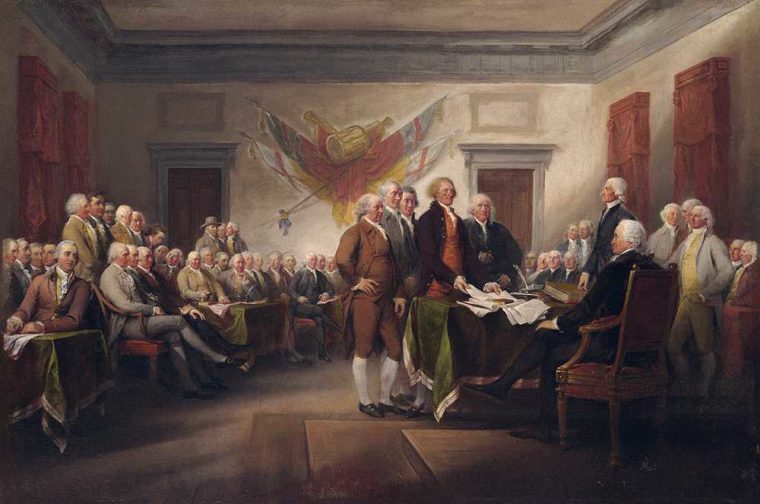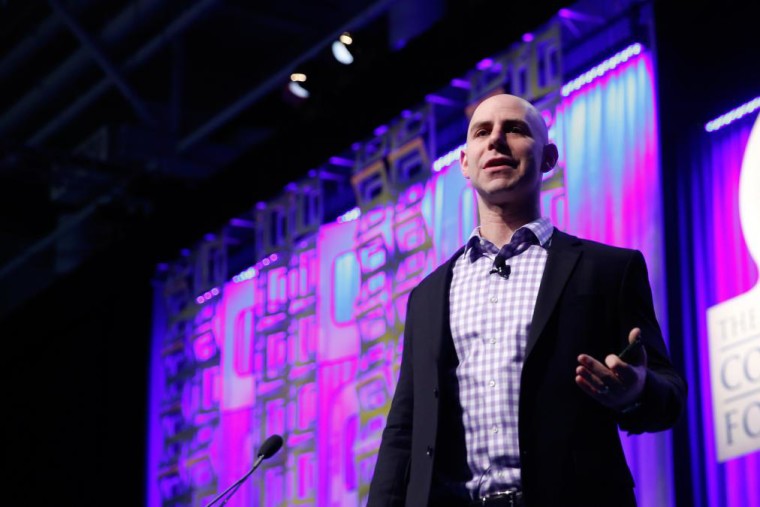Today is a milestone that I wasn’t sure would happen. It is the two year anniversary of Higher Ed Professor going live. This is the 209th post that I’ve written and I’ve tried to share content that faculty and administrators would find helpful and interesting. I’ve enjoyed the conversation and am looking forward to the year ahead.

Photo credit: Roberto Cacho Toca
I had no real idea how (or if) people would respond to Higher Ed Professor, but I hoped the site could be a resource for those of us who love working in higher education.
The response has been gratifying.
The audience continues to grow each month. The blog has been viewed in all 50 states and 159 countries around the world.
The number of page views has more than doubled this year up with more than 30,000 since we started.
I wrote this time last year that blogging helped force me to keep writing, improved my writing, and make me a better observer of higher education.
Those things all remain true today.
However, I firmly believe that you have to keep challenging yourself and looking for ways to improve.
A Change For This Year
As I’ve thought about where the blog goes from here, I believe there is a desire for a conversation about higher education issues and advice.
However, in today’s internet environment, I’m not sure the short blog post is the way to do this.
With a few exceptions, I’ve written posts averaging 600-800 words. I’ve stuck with the Monday-Thursday publishing schedule that we’ve had since the beginning.
I really like the short blog post concept for sharing ideas quickly and concisely.
Yet when I think about my own internet reading, I find myself increasingly drawn towards sites such as FiveThirtyEight and Vox. The so-called explanatory journalism sites.
As I reflected on the most successful posts of Higher Ed Professor–as well as those I enjoyed writing the most– I realized it was the posts where I tried to present complicated and nuanced ideas in a more accessible manner.
This gets back to what I originally wanted to do with the site and why I came up with the tagline of “Demystifying higher education.”
New Format and Schedule
As Higher Ed Professor moves into its third year, I believe a focus on longer form posts will serve as a better vehicle for enhancing our conversation.
In order to facilitate the new format, the publishing schedule is going to change to once a week on Mondays.
I hope you find the new format compelling and I would appreciate your feedback during the transition.
Also, please send an email or tweet with your suggestions for post topics.
Some of the best topics are those suggested by readers!
Thank you for reading Higher Ed Professor and I look forward to another great year!






